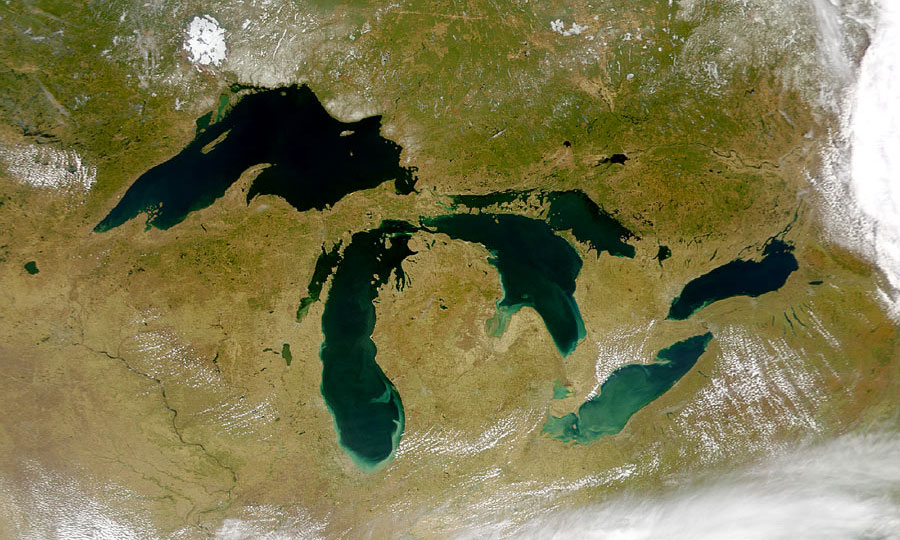[Post author: Bob Iverson]
Learn how to make your organization more “green” at a special workshop Wednesday, June 3 in Indianapolis. In the morning, an information specialist from the Illinois Sustainable Technology Center will present a green business workshop. At this session, you will learn how to save money and improve your organization’s environmental performance through green business practices such as greening the office, green purchasing, activity based cost accounting, greening the supply chain, recycling, and green cleaning/janitorial practices. The training will also cover energy efficiency opportunities associated with common office functions, such as heating/air conditioning, electronic devices, appliances, and lighting.
A participant at an earlier ISTC workshop said she will use the information she learned to transform the athletic supply company where she works. “The facts and figures will help me convince the bosses to switch products and processes. I can show how it’s cost-effective.”
Another participant said the information will help his Developmental Services company to “convert buildings to newer bulbs and ballasts…as well as research and find a vendor to recycle office paper.”
The afternoon will feature a presentation about the Kansas Green Teams. Participants will hear a case study of teams that have brought efficiencies/greening systems into the office and industrial workplace. This program has been especially successful in Green Government projects.
The workshop is being held in connection with the EPA Region 5 and Region 7 Joint Conference at the Eiteljorg Museum of American Indians and Western Artin Indianapolis. Participants can attend just the workshop day, or stay for the full conference June 4 & 5. Registration for the workshop alone is only $25.
To register, and for information about the conference speakers, go to http://www.glrppr.org/meetings/Summer2009/.
